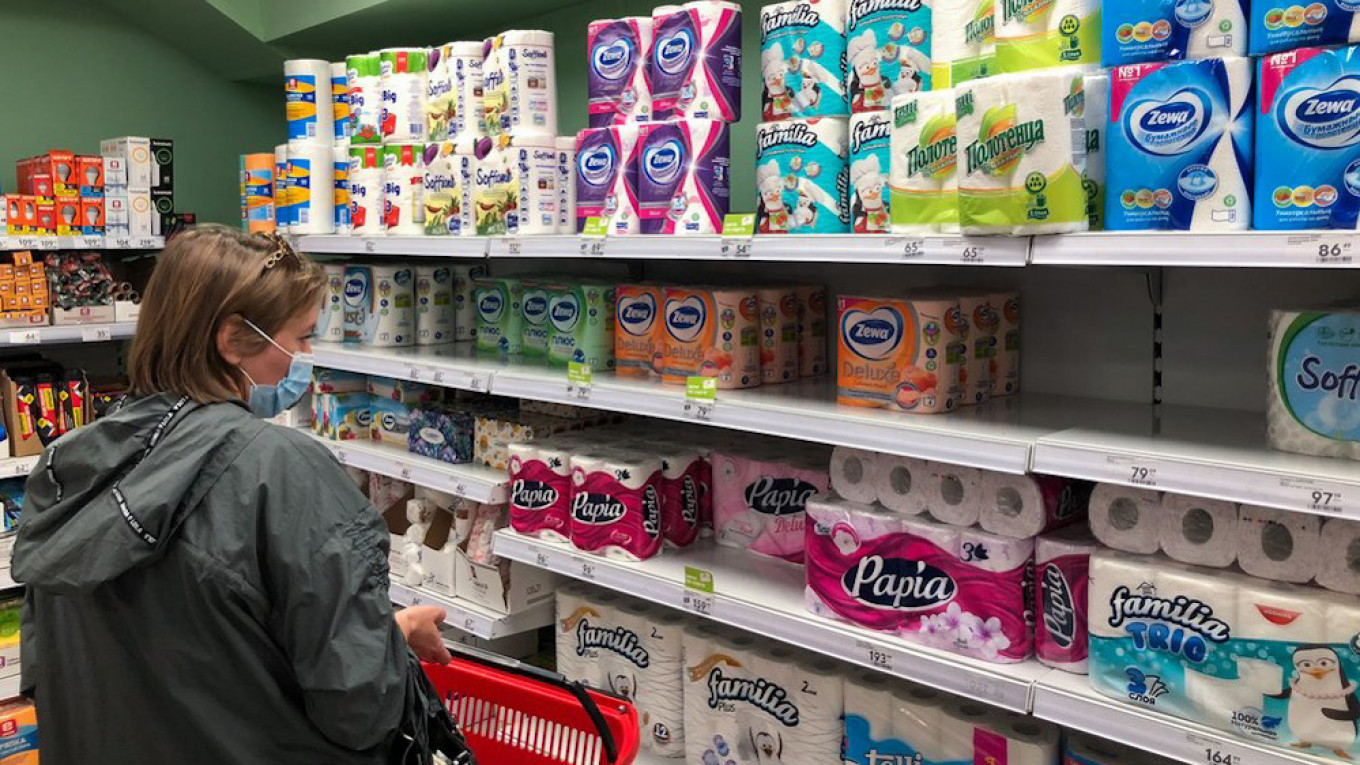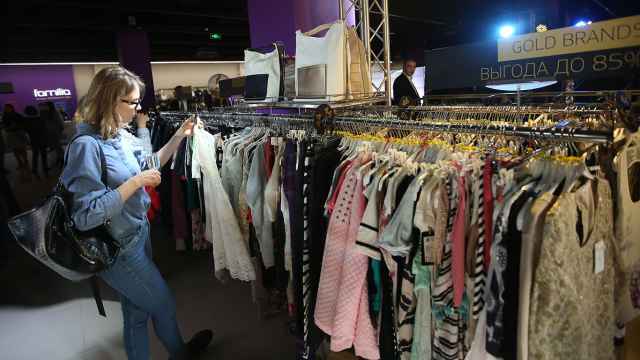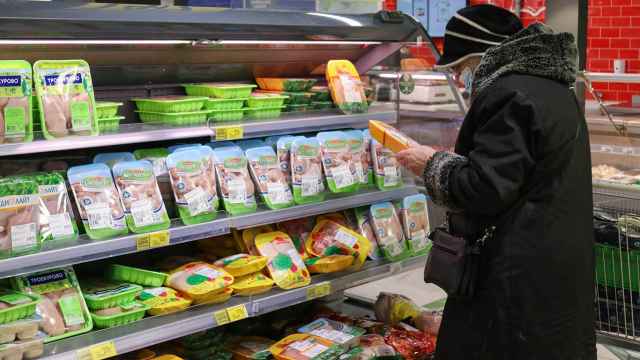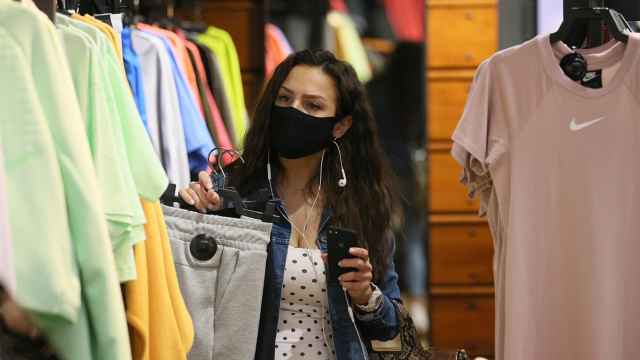Consumer spending crashed to its lowest level in five months over the last week, as Russian shoppers stayed home amid a second wave of the coronavirus pandemic which is hitting Russian regions hard.
Spending was down by more than 10% in the final week of October, compared to the same period in 2019 according to payments data compiled by Sberbank for its Sberindex tracker of Russia’s economic recovery. The last time spending was so low was at the end of May, when retail outlets, shopping centers and restaurants across much of the country were closed.
The data show the economic damage a second wave is already inflicting on the Russian economy, even as the country has not imposed a second lockdown and President Vladimir Putin insists businesses will stay open.
Spending in cafes and restaurants was down by more than 50%, Sberbank found. Outlays in pharmacies and on medical goods were one of the few areas which saw growth — up 33% compared to last year as Russia recorded a record number of Covid-19 infections.
The government is resisting a second lockdown for fear of the economic hit a second closure could deal to Russia’s economy — which is expected to contract by around 4% this year.
Speaking at an investment forum last week, Russia’s Economy Minister Maxim Reshetnikov said the country’s recovery had reached a “plateau” and “frozen” in the second half of October.
Mobility data also shows that Russians are staying home more. In the capital — where Mayor Sergei Sobyanin has ordered businesses to ensure 30% of employees are working remotely, told over-65s to stay at home and partially closed schools — mobility is running at 49% of pre-coronavirus levels on the Citymapper mobility index, down from 76% four weeks ago.
However, the country remains significantly more active than back in April when Russia imposed strict nationwide stay-at-home orders. Yandex’s self-isolation index, where higher scores mean a higher degree of self-isolation — measured through traffic levels, public transport data and how busy offices, shops and restaurants are — currently stands at 1.4, the highest weekday reading since May, but below the peak of 3.5 seen during the first wave.
A Message from The Moscow Times:
Dear readers,
We are facing unprecedented challenges. Russia's Prosecutor General's Office has designated The Moscow Times as an "undesirable" organization, criminalizing our work and putting our staff at risk of prosecution. This follows our earlier unjust labeling as a "foreign agent."
These actions are direct attempts to silence independent journalism in Russia. The authorities claim our work "discredits the decisions of the Russian leadership." We see things differently: we strive to provide accurate, unbiased reporting on Russia.
We, the journalists of The Moscow Times, refuse to be silenced. But to continue our work, we need your help.
Your support, no matter how small, makes a world of difference. If you can, please support us monthly starting from just $2. It's quick to set up, and every contribution makes a significant impact.
By supporting The Moscow Times, you're defending open, independent journalism in the face of repression. Thank you for standing with us.
Remind me later.







